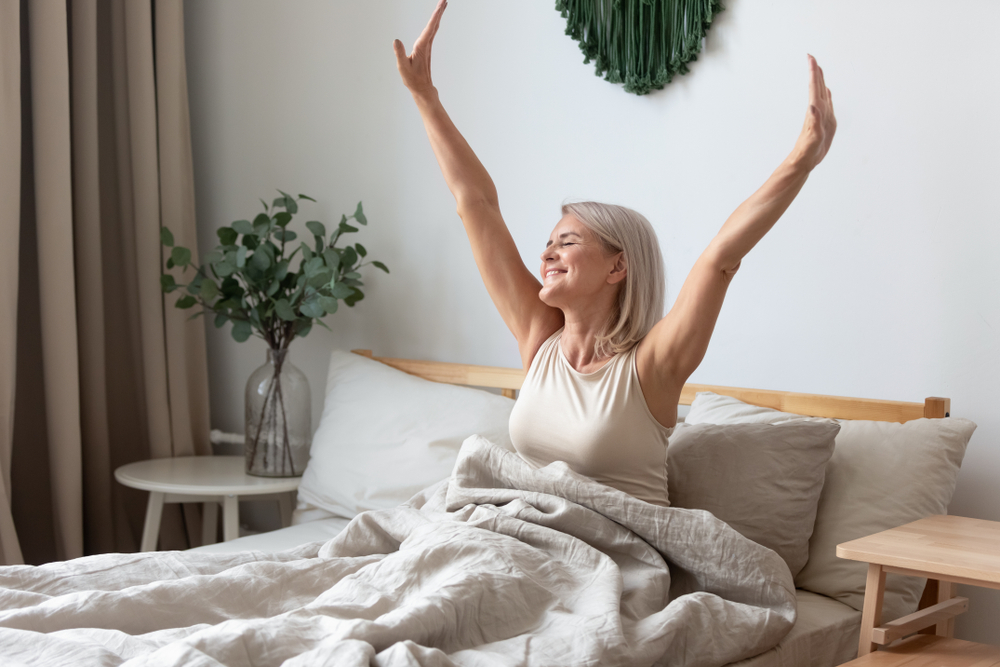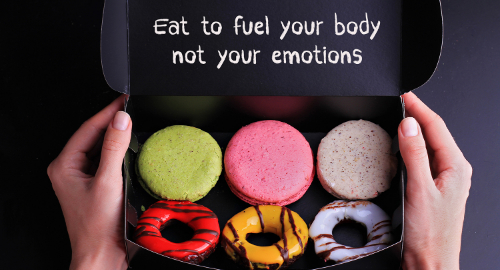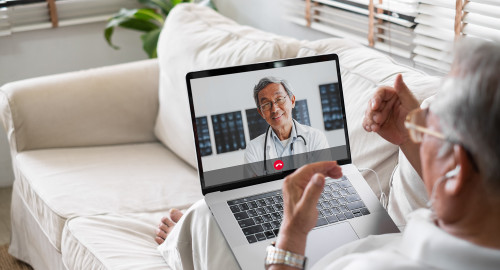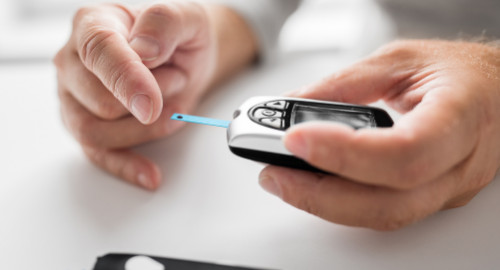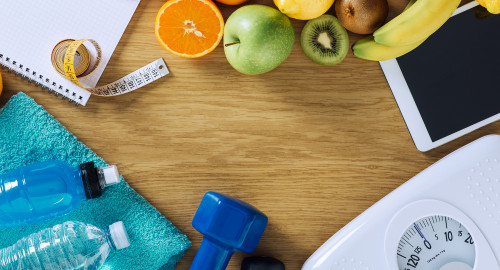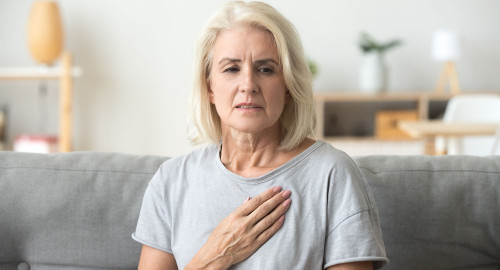6 tips to sleep better as you age
As we get older, it can become more challenging to get good sleep. Throughout the night, we may struggle with sleep apnea, leg spasms, frequent urination, and more, but don’t worry! There are ways to make sure you’re getting a good night’s rest. Here’s a look at how sleep impacts your health, along with six helpful tips for better sleep.
Why is sleep so important?
As The University of Michigan School of Public Health says, “Sleep is essential to every process in the body, affecting our physical and mental functioning the next day, our ability to fight disease and develop immunity, and our metabolism and chronic disease risk.” Sleep helps your body recover, rest, and be at top condition to take on everyday life challenges, including allowing your immune system to stay strong to resist getting sick.
For aging adults, it’s imperative to get between seven and nine hours of sleep each night. This can prevent irritability, depression, and accidents like falls.
We know rest is important and want to share six tips to help you get better sleep.
Tip #1: Be mindful of caffeine intake.
We all love coffee and teas, but ingesting too much caffeine or drinking caffeine too late can make falling asleep a challenge. According to the Cleveland Clinic, coffee can stay in your system at its peak caffeine level for several hours after consumption, so it’s best to plan your last coffee break well before bedtime.
For adults over 60, it may be best to go for a light walk – instead of drinking coffee – for energy. Working out releases endorphins and can give you energy, which is a healthy way to get that “boost” instead of turning to caffeine.
Tip #2: Exercise daily.
As we mentioned above, exercising can be a great source of energy, but it’s also essential for your health, including good sleep. The CDC recommends the following activity levels for adults 60 and older:
- 30 minutes of exercise, such as walking, five days a week
- Activities that strengthen muscles two days a week
- Activities that improve balance two days a week
Some research suggest that you work out either in the morning or mid-day, since the later you work out (closer to bed), the more likely that it will be a challenge to fall asleep. So, give yourself at least one to two hours of wind-down time before bed if you exercise at night.
Tip #3: Create a sleep schedule.
People who follow a sleep routine have healthier body composition and lower risk of heart disease. Set a firm bedtime and wakeup time and avoid taking naps in between. Napping can lead to grogginess and disorientation when you get up and impact your nighttime sleep. If you’re someone with insomnia or sleep issues, napping may only make it worse.
One of the most common sleep challenges for adults over 60 is insomnia. Speak to your doctor if you are having issues with waking up tired, taking a long time to fall asleep, getting up multiple times in the night or feeling very sleepy during the day. These may be signs of insomnia, and a medical professional can assist you in creating a proper treatment plan.
Tip #4: Safety and sleep are related.
For aging adults, it’s important not only to get good sleep but also to have a safe and relaxing place to get your rest. Research suggests keeping a cell phone or telephone with emergency numbers near your bed in case of an emergency. We also recommend having a lamp that is within reach, so you can see and avoid falling or tripping in the dark, which can cause serious injury.
For many adults who are 60 or older and on medication, dry mouth can be a common side effect. It is recommend to have a glass of water by your bed in case you wake up thirsty, so you can go right back to sleep.
Avoid smoking, but especially in bed. If you fall asleep with a lit cigarette or cigar, it can cause a fire. We want you to get good sleep, but we also want you to have a safe environment to get the rest you need and deserve.
Tip #5: Deal with snoring issues.
Sleep apnea is a common breathing disorder that increases as we age. Sleep apnea can disrupt your sleep and make you tired the next day, while increasing risk factors for future health complications. If you think you may have sleep apnea, now is a good time to address it and find treatment to get better sleep.
Tip #6: Do something relaxing before bed.
One of the best things you can do for sleep is relax your mind. We suggest putting your phone away at least one hour before bed. The light from your phone can make it a challenge to fall asleep. We suggest reading a good book, taking a bath, stretching, or other relaxing tasks to get you into a “restful” mood.
Sleep is important to your health, and we hope these tips make a good night’s rest easier to achieve. If you have any urgent concerns, please talk to your doctor.
H8764_MKT_SleepBetter_Blog_0323_C
